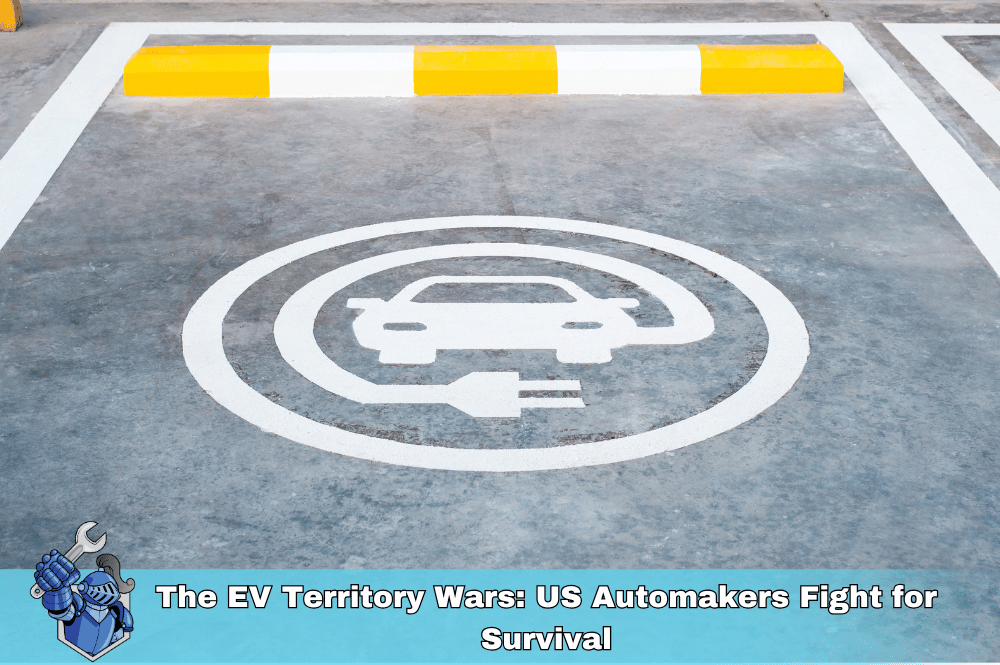Yes, a faulty water pump can disrupt the flow of coolant to the heater core, resulting in poor or no heat inside the cabin.
When it comes to the heart of your vehicle's cooling system, the water pump plays a pivotal role. Whether you're driving a car or a truck, ensuring that your water pump is functioning properly is crucial for maintaining the overall health of your engine. In this comprehensive guide, we'll dive into everything you need to know about water pumps, from how they work to common issues, maintenance tips, and the benefits of extended warranty coverage for this vital component.
What is a Water Pump?
The water pump is the lifeblood of your vehicle’s cooling system. It circulates coolant from the radiator through the engine and back to the radiator. This circulation is vital for regulating the engine's temperature, preventing it from overheating and potentially causing severe damage.
The water pump is typically driven by a belt or chain connected to the crankshaft. As the engine runs, the pump spins, pushing coolant through the engine's various channels. The coolant absorbs heat from the engine and carries it back to the radiator, where it is dissipated into the air. Without a functioning water pump, the coolant would not circulate, leading to rapid overheating and, eventually, engine failure.
Signs of a Failing Water Pump
Water pumps are built to last, but like all mechanical components, they can wear out over time. Here are some common signs that your water pump may be failing:
- Coolant Leaks: One of the most common indicators of a failing water pump is a coolant leak. If you notice a puddle of coolant under your vehicle, it could be a sign that the water pump's seals are worn and leaking.
- Overheating Engine: If your engine is running hotter than usual or frequently overheats, it could be due to a failing water pump. Without proper coolant circulation, your engine cannot maintain a stable temperature.
- Whining or Squealing Noises: A high-pitched whining noise coming from the front of the engine could indicate a loose or worn-out belt driving the water pump. This could lead to reduced performance or complete failure of the pump.
- Steam from the Radiator: Steam coming from your radiator could be a sign of an overheating engine, often caused by a malfunctioning water pump.
- Rust or Corrosion: Over time, the metal parts of the water pump can corrode, leading to leaks or reduced efficiency. Inspecting the water pump for rust or corrosion is a good maintenance practice.
The Importance of Regular Maintenance
Regular maintenance of your water pump is essential for the longevity of your vehicle. Here are some tips to keep your water pump in top condition:
- Check Coolant Levels: Always keep an eye on your coolant levels. Low coolant can cause the water pump to overheat and fail prematurely.
- Replace the Timing Belt: In many vehicles, the water pump is driven by the timing belt. It's recommended to replace the water pump when the timing belt is replaced, as they typically have similar lifespans.
- Inspect for Leaks: Regularly inspect your engine for signs of coolant leaks. Catching a leak early can prevent more significant damage down the road.
- Listen for Unusual Noises: Pay attention to any unusual noises coming from your engine. Early detection of a problem can save you from more costly repairs.
Why You Should Consider Extended Warranty Coverage for Your Water Pump
Water pumps are generally robust components, but their failure can lead to expensive repairs. Depending on your vehicle make and model, replacing a water pump can cost anywhere from $300 to $750, and that’s before factoring in labor costs. For trucks or high-performance vehicles, these costs can be even higher.
An extended warranty can offer peace of mind by covering the cost of repairs or replacement of your water pump. At NobleQuote, we offer various coverage plans that include protection for your vehicle’s water pump, ensuring you're not left out of pocket when unexpected issues arise.
Our coverage plans range from basic Powertrain coverage, which includes essential components like the water pump, to our comprehensive Diamond plan, which offers exclusionary coverage similar to your factory warranty. With fast service, zero hassle, and total peace of mind, NobleQuote ensures your vehicle is always protected.
How to Choose the Right Coverage Plan
Choosing the right extended warranty for your vehicle depends on several factors, including the age, mileage, and overall condition of your vehicle. Here’s a quick guide to help you make the right decision:
- Powertrain Coverage: Ideal for older vehicles with higher mileage. This plan covers essential components like the engine and transmission.
- Premier Coverage: A step up from Powertrain, this plan includes coverage for additional components like the cooling system, electrical components, and more.
- Elite Coverage: For newer vehicles or those with low mileage, Elite coverage offers extensive protection for most major components.
- Diamond Coverage: Our top-tier plan, providing comprehensive protection for almost every part of your vehicle. This is ideal for those who want the highest level of coverage and peace of mind.
Conclusion
Your vehicle’s water pump is a crucial component that ensures your engine runs smoothly. Regular maintenance and early detection of issues can save you from costly repairs. However, even with the best care, water pumps can fail unexpectedly. That’s where an extended warranty from NobleQuote comes in. By choosing the right coverage plan, you can protect yourself from unexpected expenses and ensure your vehicle remains in peak condition.
For more information on vehicle coverage options and to get a quote, visit NobleQuote's Learning Center.
References
Water Pump Wonders: Your Questions Answered
Can a bad water pump affect my car's heater?
What does a water pump do in a car or truck?
The water pump circulates coolant throughout the engine, absorbing heat and preventing overheating.
How often should I replace my water pump?
It's typically recommended to replace your water pump every 60,000 to 90,000 miles, or sooner if you notice any signs of failure.
What are the signs of a failing water pump?
Common signs include coolant leaks, overheating engine, strange noises from the pump, or steam coming from the engine bay.
Can I drive my car with a bad water pump?
No, driving with a faulty water pump can cause your engine to overheat, leading to serious and costly damage. It's best to have it repaired or replaced as soon as possible.
How much does it cost to replace a water pump?
The cost varies depending on the make and model of your vehicle, but you can generally expect to pay between $300 and $700 for parts and labor.
Can I replace a water pump myself, or do I need a mechanic?
Replacing a water pump can be a DIY project for those with some mechanical skills, but it can also be complex and time-consuming. If you're unsure, it's best to have a mechanic handle it.
What are some tips for preventing water pump problems?
Regular maintenance, including coolant flushes and inspections, can help prolong the life of your water pump.
What type of coolant should I use in my car or truck?
Refer to your owner's manual for the specific type and mix ratio of coolant recommended for your vehicle.
What should I do if my car overheats due to a water pump failure?
Pull over to a safe location immediately, turn off the engine, and let it cool down. Do not open the radiator cap while it's hot. Call a tow truck to have your vehicle transported to a mechanic.
Suggestions for you
Read MoreLet’s work together
Every week we showcase three charitable organizations that our donations are sent to. Our clients are able to choose which of these three will receive their gift when they add coverage to their vehicle...

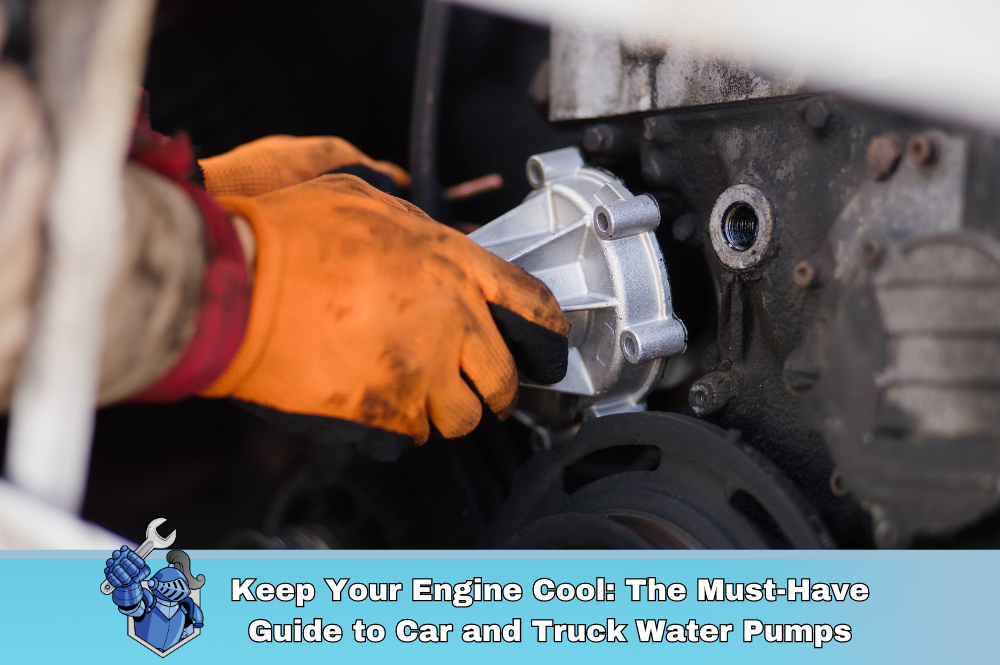
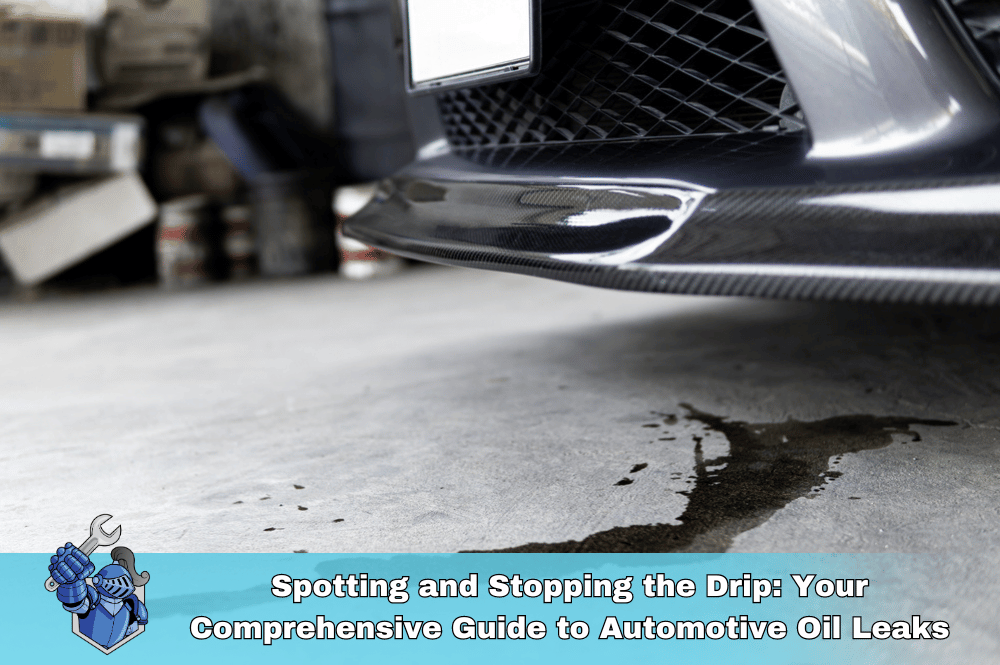 Spotting and Stopping the Drip: Your Comprehensive Guide to Automotive Oil Leaks
Spotting and Stopping the Drip: Your Comprehensive Guide to Automotive Oil Leaks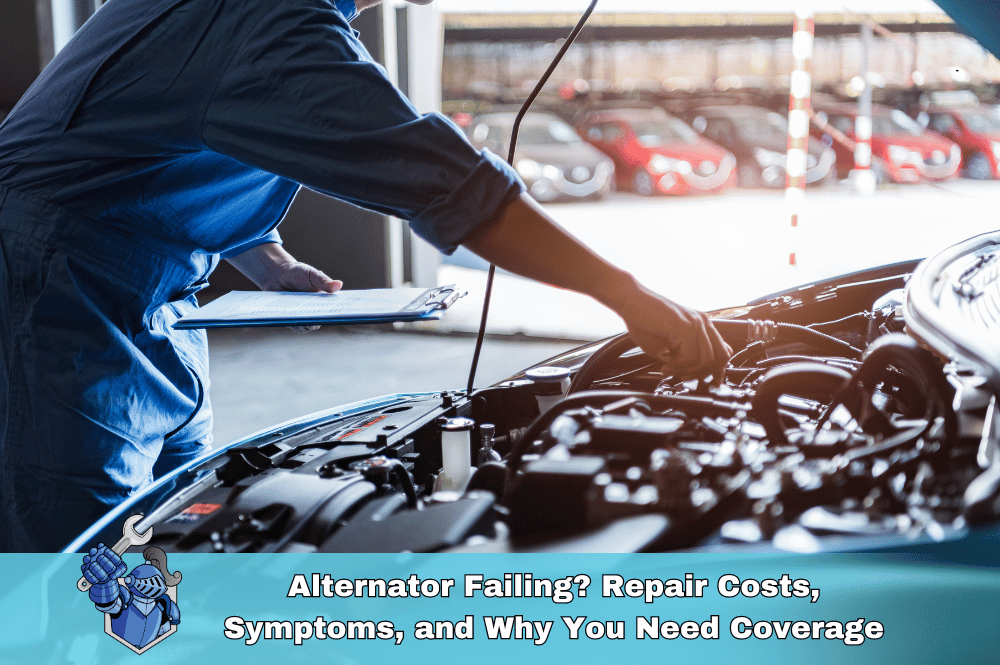 Alternator Failing? Repair Costs, Symptoms, and Why You Need Coverage
Alternator Failing? Repair Costs, Symptoms, and Why You Need Coverage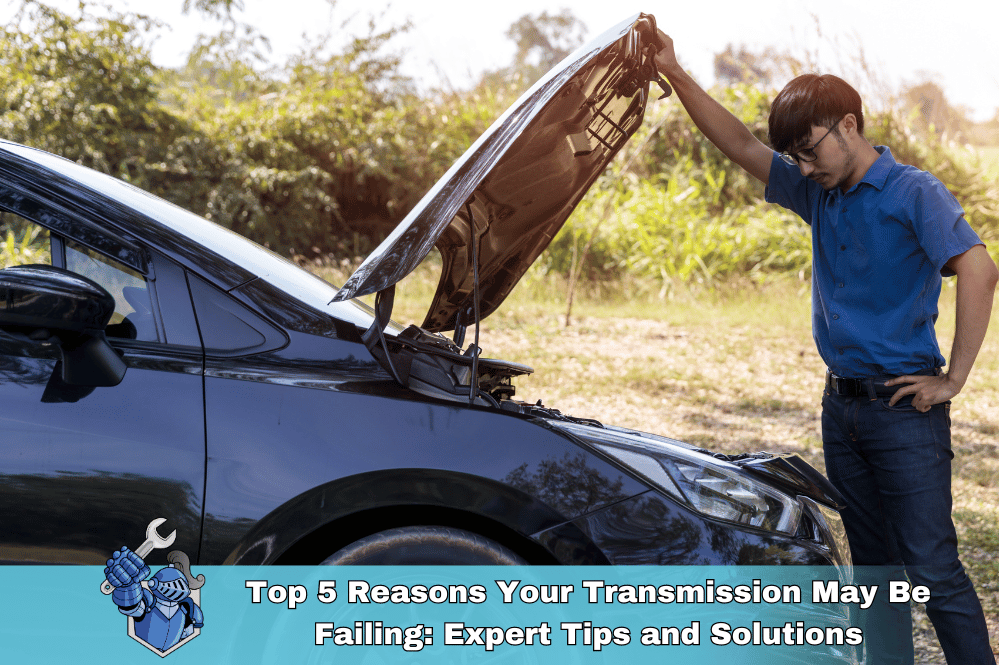 Top 5 Reasons Your Transmission May Be Failing: Expert Tips and Solutions
Top 5 Reasons Your Transmission May Be Failing: Expert Tips and Solutions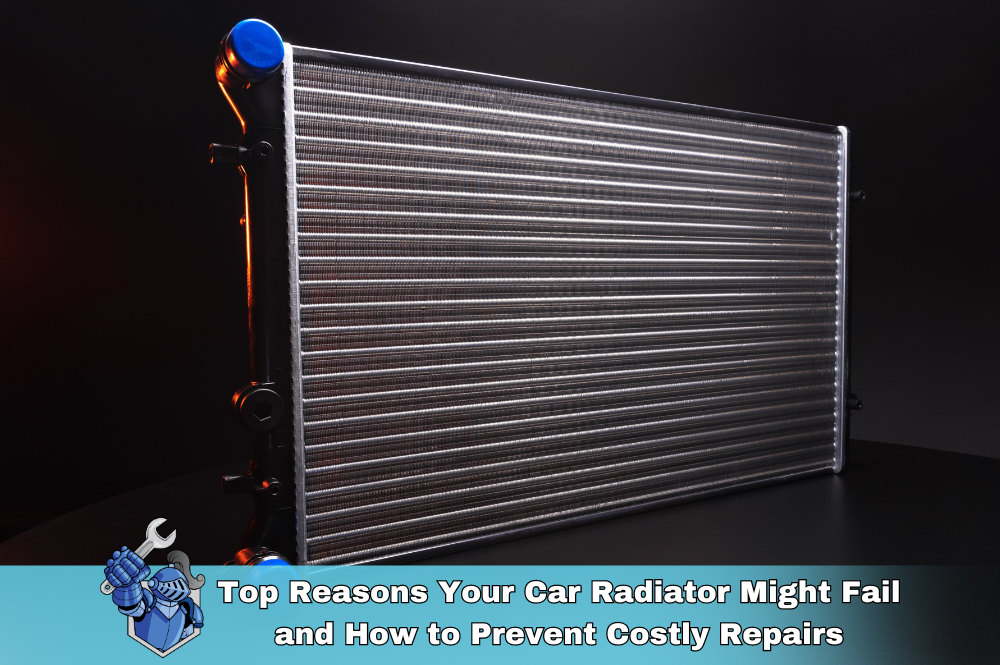 Top Reasons Your Car Radiator Might Fail and How to Prevent Costly Repairs
Top Reasons Your Car Radiator Might Fail and How to Prevent Costly Repairs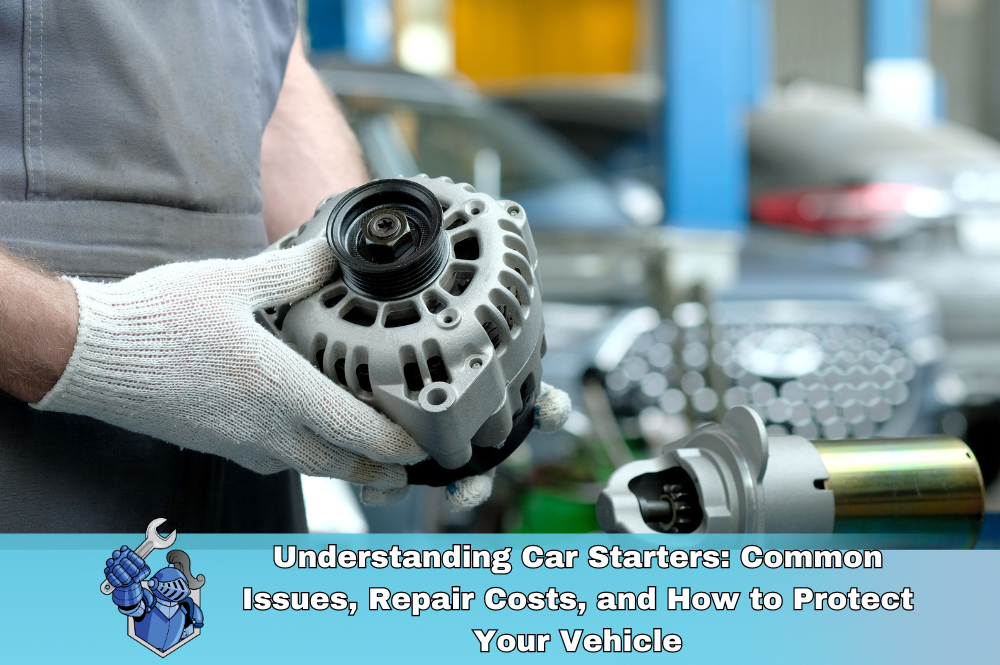 Understanding Car Starters: Common Issues, Repair Costs, and How to Protect Your Vehicle
Understanding Car Starters: Common Issues, Repair Costs, and How to Protect Your Vehicle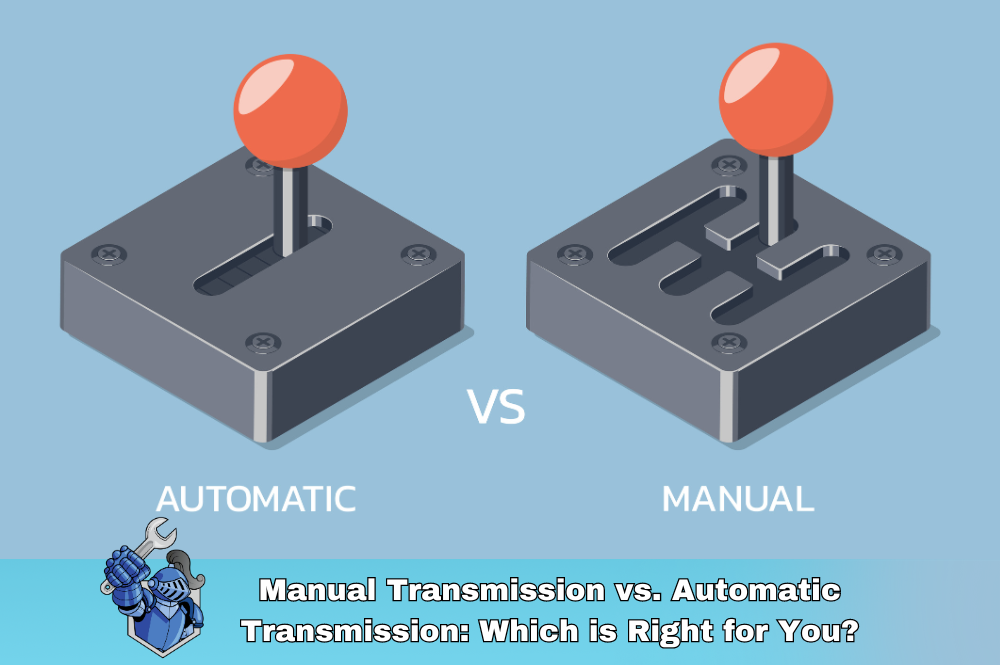 Manual Transmission vs. Automatic Transmission: Which is Right for You?
Manual Transmission vs. Automatic Transmission: Which is Right for You?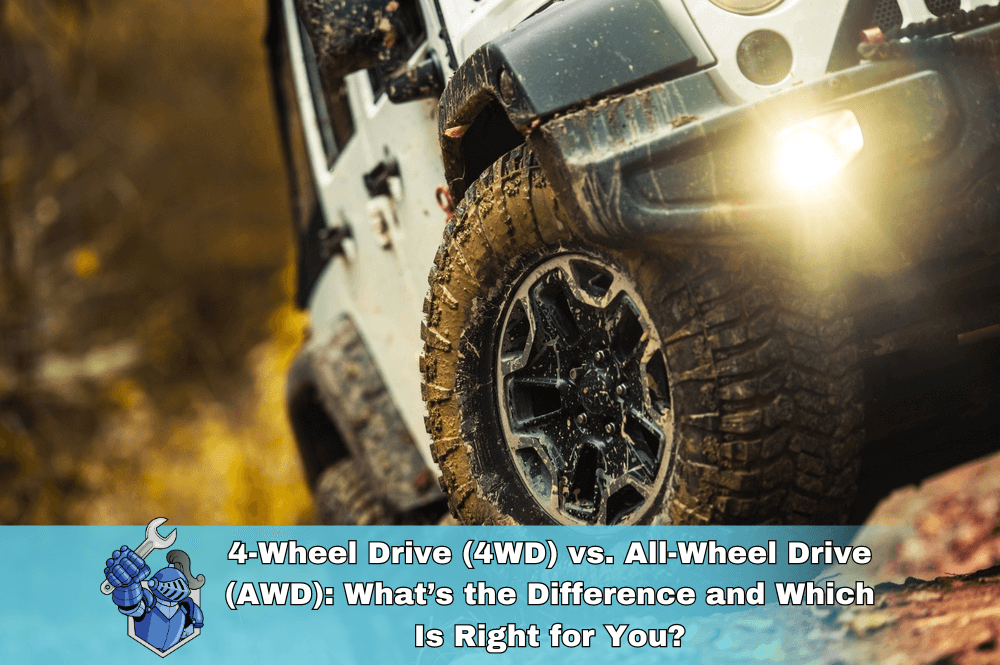 4-Wheel Drive 4WD vs All-Wheel Drive AWD: What’s the Difference and Which Is Right for You?
4-Wheel Drive 4WD vs All-Wheel Drive AWD: What’s the Difference and Which Is Right for You?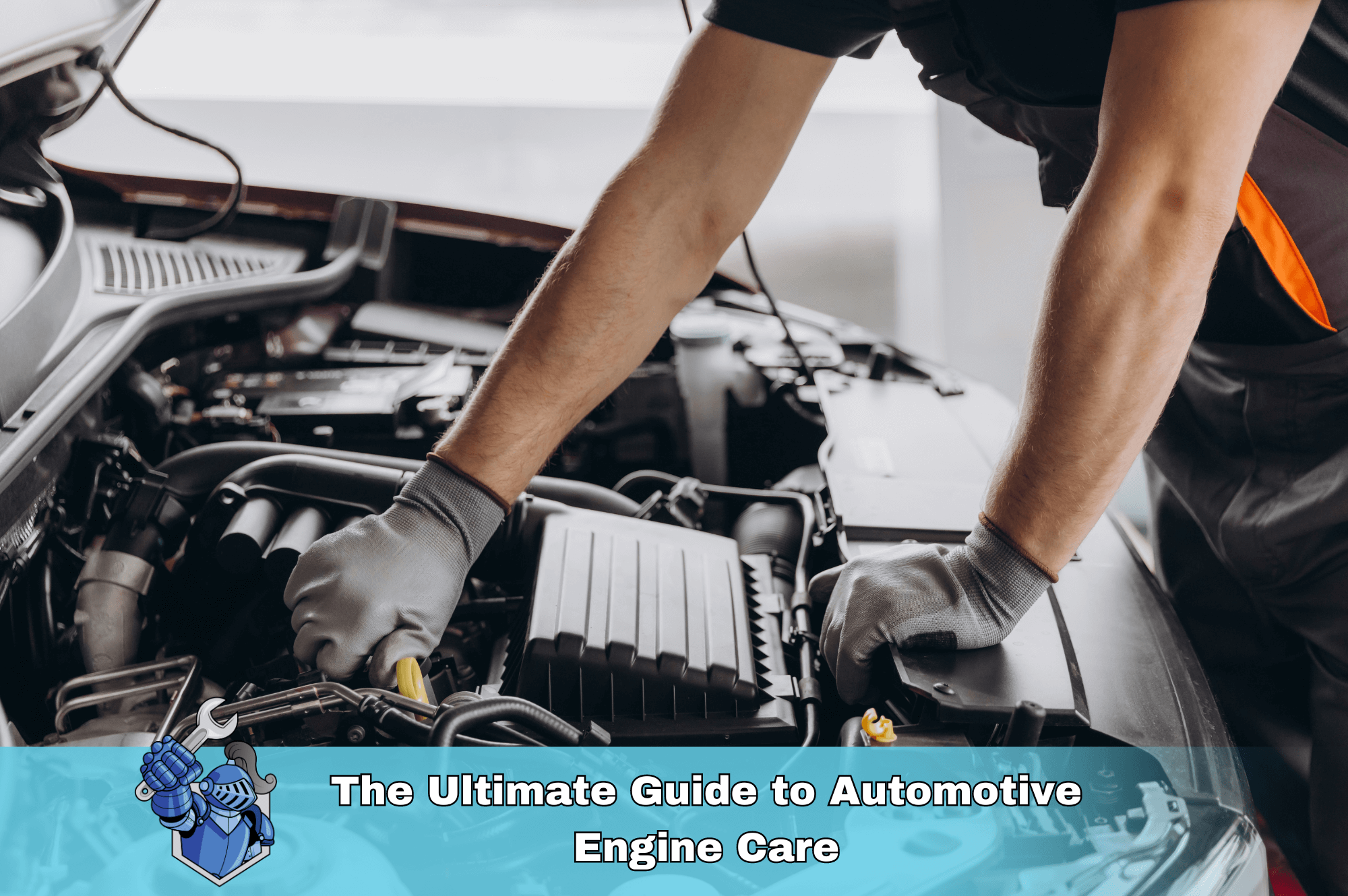 The Ultimate Guide to Automotive Engine Care
The Ultimate Guide to Automotive Engine Care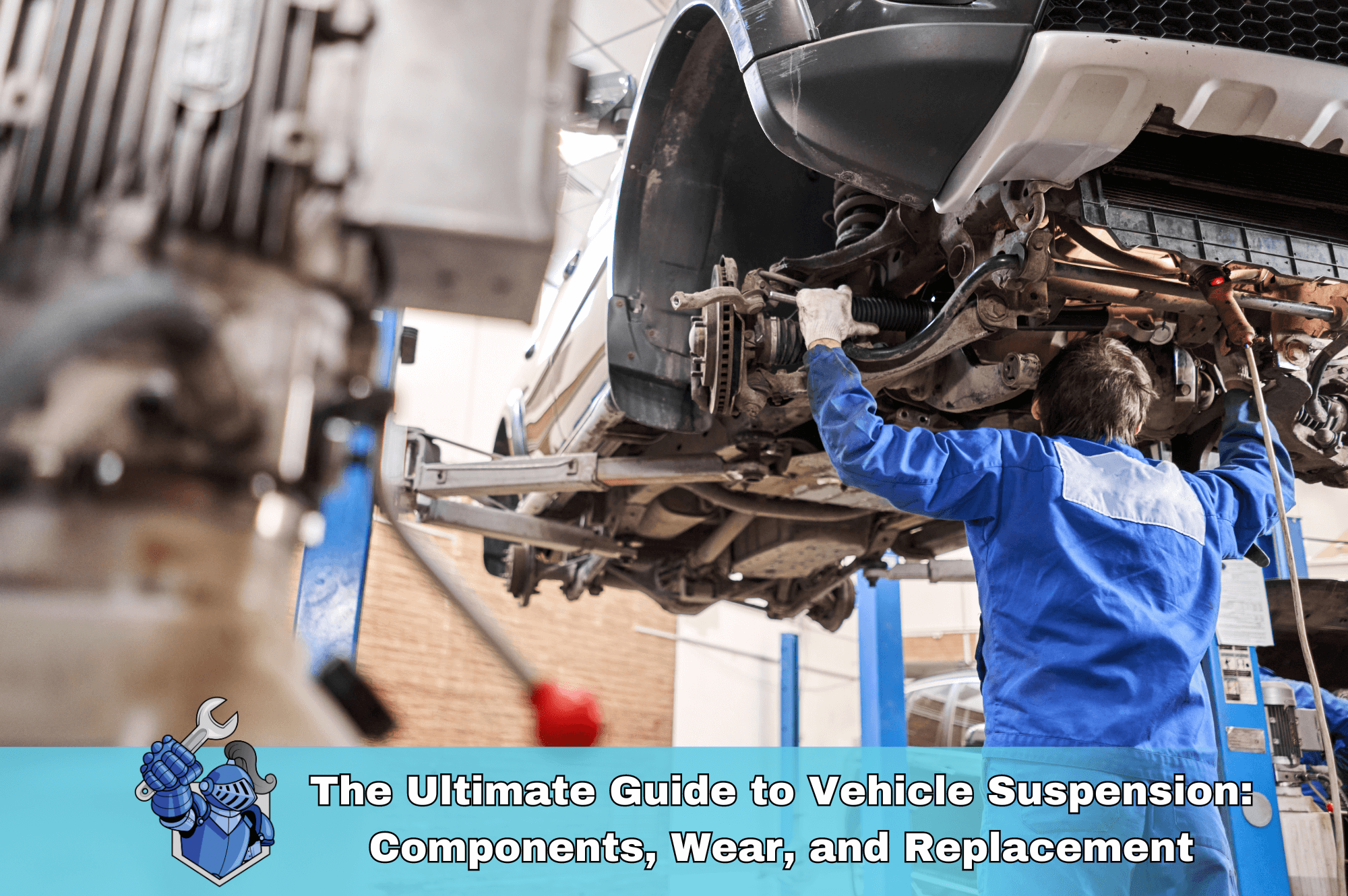 The Ultimate Guide to Vehicle Suspension: Components, Wear, and Replacement
The Ultimate Guide to Vehicle Suspension: Components, Wear, and Replacement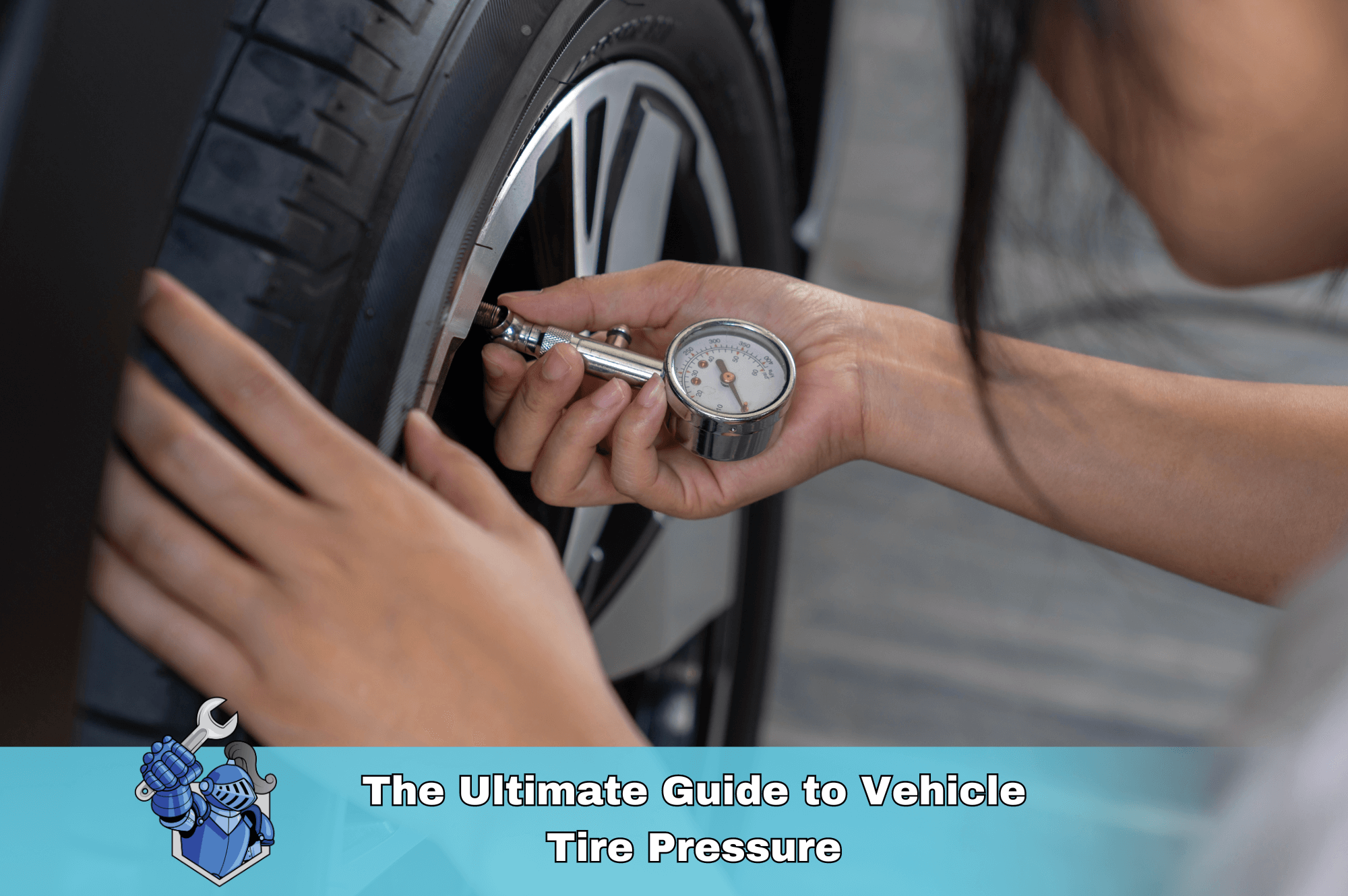 The Ultimate Guide to Vehicle Tire Pressure
The Ultimate Guide to Vehicle Tire Pressure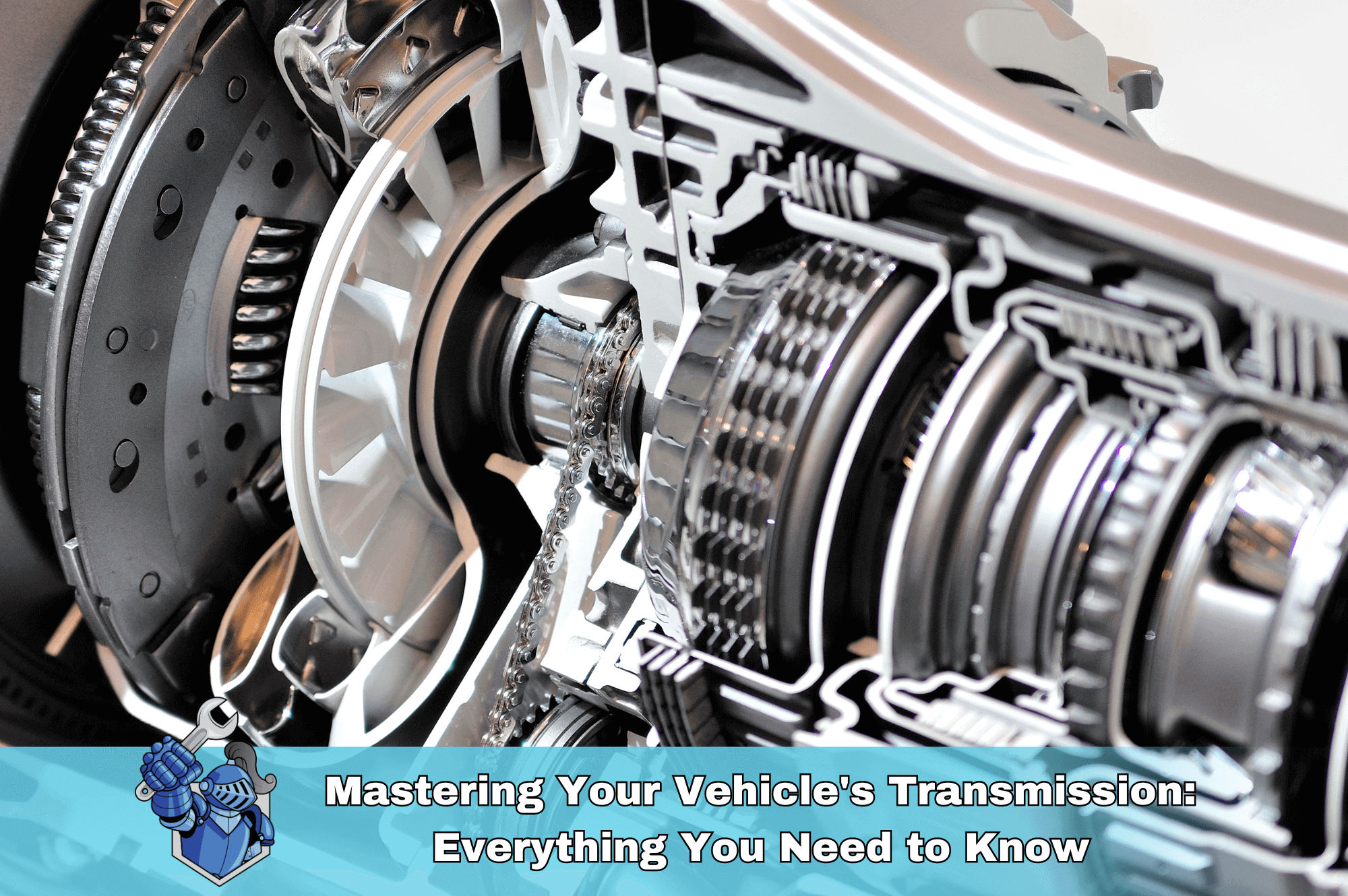 Mastering Your Vehicle's Transmission: Everything You Need to Know
Mastering Your Vehicle's Transmission: Everything You Need to Know

